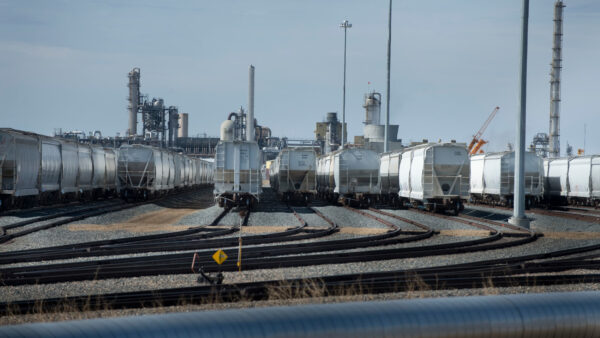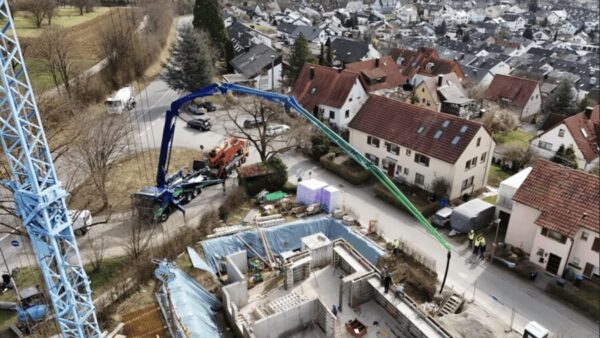An investigation into bid-rigging on contracts for Japan’s $80bn maglev project has widened from the Obayashi Corporation to include Kajima and Shimizu. Police today raided the headquarters of the two companies after questioning their executives and analysing confiscated materials.
The investigation is being carried out by the special investigation squad of the Tokyo District Public Prosecutor’s Office and the Japan Fair Trade Commission. All the companies under suspicion have said they will cooperate with it.
Obayashi, Kajima and Shimizu are the three largest contractors in Japan, and all among the world’s top 20 largest construction firms.
Obayashi probably thought if they could get the Meijo emergency exit contract, JR Central would have them work on the tunnel that starts from the exit– Unnamed source quoted in the Japan Times
The original scope of the inquiries was confined to a contract won by Obayashi in 2016 to build an emergency exit at Nagoya station, the southern terminus of the project’s first phase. Obayashi and Shimizu each won four of the 22 works packages awarded and Kajima won three. Police are looking for evidence that the companies decided among themselves which company would win which bid.
The Japan Times reports that police widened their investigation after questioning executives of the construction firms on a voluntary basis. This led them to suspect that they violated competition law by carrying out negotiations on future tenders.
Meanwhile, Japanese newspaper The Mainichi reports that an employee of Central Japan Railway (JR Central), the client for the project, has admitted disclosing the maximum contract value for one of the line’s sub-projects to Obayashi. The Japan Times adds that Kajima may also have been in receipt of his information.
According to The Mainichi, Obayashi’s bid for the emergency exit was the highest figure that would not exceed the maximum cost decided by JR Central. A senior Kajima official added: “Obayashi probably thought if they could get the Meijo emergency exit contract, JR Central would have them work on the tunnel that starts from the exit.”
The Japan Times quotes an unnamed source related to Obayashi who defended the way the company had conducted the bidding. They said: “Sometimes, bidders are informed of assumed prices, and then negotiations are conducted to hold down the contract prices to those levels, so I think that this type of practice is not illegal.”
Kajima shares fell 4.6% and Shimizu’s were down 3.7% after news broke of the raids. Shares in Taisei Corporation, the other member of the Japan’s “big four” were also down 2% although it had not been raided.
Japan’s construction industry is no stranger to investigation for collusive practices. Legislation has been tightened to protect the privacy of bids over the past 10 years or so, and in 2006 Obayashi required managers to sign a pledge to abide by antitrust laws. The next year, however, the firm’s top management resigned following a public works scandal.
Image: The 500km/h maglev will cut journey times between Tokyo and Nagoya by an hour (Saruno Hirobano/Creative Commons)
Further Reading:










